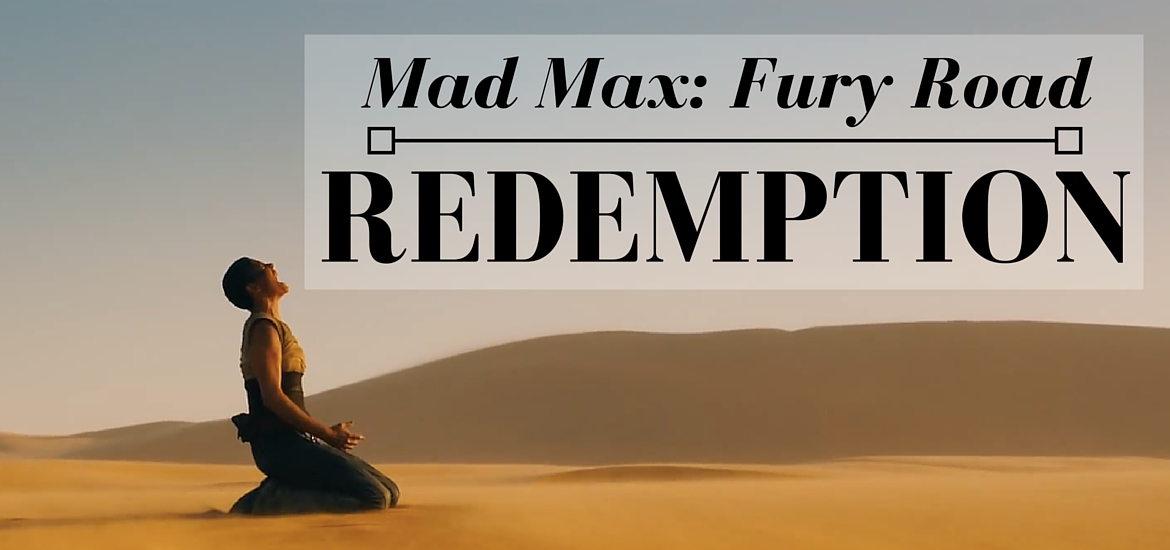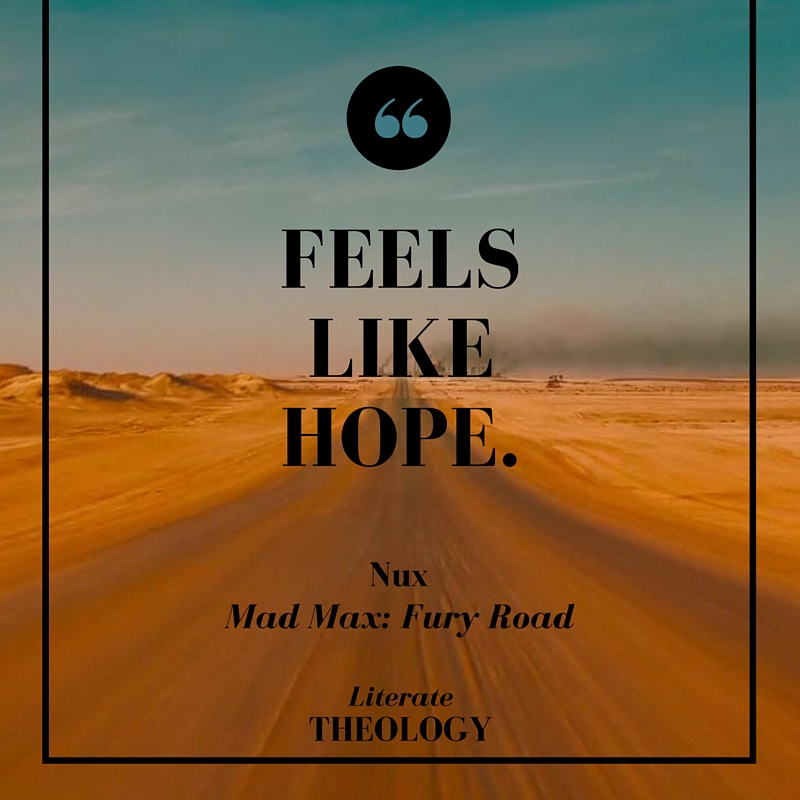Because it’s Easter season, I’m hearing a lot of sermons and seeing a lot of posts about redemption.
Which kind of drives me crazy, because I’m mostly unable to hear what these preachers and authors are trying to tell me. The whole time, I’m just thinking, Redemption, what does that really mean?
Because redemption isn’t really a familiar concept in our world, at least outside of Christian vocabulary. So I need some kind of image or metaphor, something to kind of hold onto in order to understand what this mean
And the only metaphor that comes to mind during those sermons is “redeeming” coupons. Which sends me into a whole thought process on trying to figure out that metaphor: Am I the coupon Jesus is redeeming? Is Jesus the coupon? It’s a terrible analogy, and I’m pretty certain it’s not at all what’s trying to be conveyed.
Defining “to Redeem”
So okay. The dictionary Google might be helpful here: “define to redeem.” I learn that to redeem is:
(1) to compensate for faults or sins. You’ve done something wrong, and redemption is the act of making it better, or covering over some poor behavior. The verb can be used for either the one being saved or for the one doing the saving.
(2) to repossess in exchange for payment. Most of these are financial: paying debts, clearing mortgages, those coupons I can’t get out of my mind. One financial use in this category is marked as ‘archaic,’ meaning it’s no longer in use: to buy the freedom of. To redeem a slave means to buy them so that they are no longer owned. (As an aside, it’s absurd that this use is marked as archaic when there are more slaves now than at any point in history. There are groups that buy slaves to free them, though most organizations use other methods, as giving kidnappers money sustains the demand for people being kidnapped into slavery in the first place.)
(3) to fulfill a promise. Pretty straightforward.
What Does It Matter?
The way we understand the use of “redemption” impacts the way we understand our humanity, the world, and humanity’s place in the world.
If our understanding is primarily about definition 1, covering up our mistakes, it means that we largely identify ourselves with our worst moments. We’re likely to become behavior-oriented, living our lives as a kind of social performance in which we’re trying to “pretend to be good always so that even God will be fooled,” as Kurt Vonnegut put it. This understanding puts Christ between humanity and God — as though God cannot bear to look at us and we must have Christ to “cover over” our disgusting, sinful selves.
If our understanding of redemption is primarily around definition 2, financial metaphors of debt, it has the potential to set us up for a substitutionary atonement model in which God looks at humanity, but looks at us in anger that demands some form of payment and vengeance. Perhaps a better use of this sense of redemption is one in which God throws out the accounting book — the debt is not payed, but simply cleared.
And then there’s the archaic use of this definition, in which a person is enslaved to something (drugs, alcohol, sex, money, power…) and God somehow frees the individual from their enslavement.
Finally, if our understanding is primarily about definition 3, God fulfilling a promise, we risk reducing the divine force of the cosmos to a morality that says “Keep your word.” Not that it’s a bad rule to live by, but to reduce a human being to such a rule would be diminishing — how much more so for the creator of everything.
More Complications
It strikes me that in both theology and life, these definitions often overlap; we often use the word to mean multiple senses at the same time. It gets messy. An example from google: a sinner who is “redeemed by the grace of God.” Is this in the sense of compensating for sins, or of having been freed from the bondage of a destructive way of life? Depends who you ask. Some people it’s one or the other (Google places it in the first category). For many Christians, the answer is: both.
Biblical Redemption
There’s another sense of redemption that we don’t really capture from Google’s dictionary.
In Leviticus, which was a book of law for the tribe of God, the word “redeem” is used often. It carries a sense of “restoring to the proper owner” — whether what’s being restored is land, homes, or slaves.
Let’s say you sell a field. In the year of jubilee, that field would be returned to you under the rules of redemption. The land is returned to its original (and therefore “rightful”) owner. When the land is returned to the original, rightful owner, it is redeemed.
In other words, “selling” in the levitical understanding is more similar to how we think of “leasing” today. You’re paying Honda to use the car as though it’s your own; in some senses, it’s your car, but in another sense it’s still Honda’s car. After the lease is up, the car is redeemed — returned to its original and rightful owner.
This also applied to bodies and labor. If you owed someone a ton of money, or you needed cash fast, you could sell yourself into slavery to cover the debt. But in the year of jubilee, your body and labor would be redeemed — restored to the rightful owner; yourself.
Redemption on the Fury Road
Furiosa’s (and Our) Understanding
Mad Max: Fury Road provides a really helpful narrative of how to understand biblical redemption. Oh, and here’s your SPOILER ALERT.
When Max asks Furiosa what she’s looking for, she replies: Redemption.
It’s unclear precisely what Furiosa means in her reply. Redemption is distinct from the hope that the wives seek…but we don’t know much else.
My guess is that she means it in one of the modern senses of the word. It’s safe to say that she’s “buying” (in a metaphorical sense) the freedom of the wives, and that by getting them to the Green Place she’ll be fulfilling this promise to them.
Something in Furiosa’s tone — the pained look into the distance, the despair — leads me to think that she’s relying heavily on that first definition, that she’s trying to address some wrongdoing in her own dark past. (I’ve read an interpretation that, because she’s driven to the Green Place “many times,” that she had previously kidnapped girls, maybe even the wives, to help Immortan Joe in his quest for a healthy heir.) In this sense, she is saving herself, redeeming her own life narrative; she is at once savior and saved.
Max’s (Biblical) Understanding
It is Max who introduces a levitical sense of redemption. He chases onto the salt flat to turn them around (we might say to call them to repent, if we wanted to be super technical about it).
A hundred and sixty days’ ride that way…there’s nothing but salt. At least that way [going back] you know we might be able to…together…come across some kind of redemption.
From a man of few words, in a script of few words, it strikes me that one was included here: together.
With that one word, Max turns Furiosa’s understanding of redemption to a wider narrative. He helps her look beyond her own wrong-doings to see the wider world, the entire system of oppression, of which her actions were only a small part.
With that one word, we-the-audience are able to see that what needs redeeming is not only the individual of Furiosa. What needs redeeming is not even a collection of individuals of the wives. What needs redeeming is the entire system, the whole world.
In this dystopia, humanity as a whole has become enslaved under corrupted power systems, enslaved to the hoarding of resources, the mentality of scarcity, the dehumanization of women and of outsiders. Everything needs to be redeemed, returned to its rightful owners — the water needs to be restored to the land and the people, especially to “the wretched.” The wives’ bodies need to be redeemed — we can recall the prophetic cry of Immortan Joe’s wife, “They are not your property!” Furiosa’s agency and Nux’s life must be redeemed, no longer be on behalf of a select few but for the good of all. Max’s body and blood need to be redeemed, no longer exploited as a dehumanized resource.
This is the levitical, biblical sense of redemption, requiring the participation of all for the restoration of all. The redemption is bigger than any one person, bigger than any personal salvation. It is the salvation of the whole world.
As the war boy Nux says, that “feels like hope.” And it sounds like good news.



